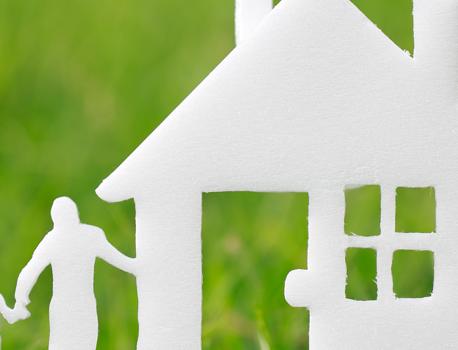What Could Possibly Go Wrong? Top Home Insurance Claims Revealed

Go ahead and blame Mother Nature for the things that can go terribly wrong at home. Just not all of them.
Damage caused by punishing weather -- wind, hail, rain and snow -- accounted for more than half of all homeowners insurance claims over the past seven years at Travelers Insurance, but there were other culprits as well, such as fire, leaky pipes and theft.
The findings are contained in a new study from Travelers, which identified the most common and most expensive homeowners insurance claims based on a review of thousands of claims filed with the company from 2009 to 2015. The most common claims were for:
-
Wind damage (accounting for 25% of all claims)
-
Plumbing or appliance issues not related to weather (19%)
-
Hail (15%)
-
Water damage from rain, snow and melting ice (11%)
-
Theft (6%)
Although wind damage was the most common claim, fire was the most expensive, accounting for nearly 23% of all financial damages. Next were:
-
Hail (20%)
-
Windstorms (18%)
-
Water damage not related to weather (11%)
-
Weather water damage (3%)
What you can do to lessen your risk
Travelers says it shared its findings to underscore that even though it's impossible to predict when things will go wrong -- especially when fickle weather is involved -- consumers can take steps to lessen the risk of damage.
"If you don't manage your risks, your likelihood of having a loss is greater," says Scott Humphrey, second vice president of risk control at Travelers. "People don't want to have a loss, and we want to help them understand how to prevent it."
Humphrey and Travelers offer these tips for reducing the likelihood of damage to your home under common scenarios:
-
Severe windstorm: Put away anything outdoors that could become a projectile in howling winds, such as a patio umbrella. Keep trees that are close to your home in good condition; remove diseased or dead limbs or trees.
-
Hail: Park your car in a garage or under cover.
-
Rain or snow: Make sure that your gutters are clear and that water can drain away from the house. "If water drains toward the house, you're likely to have water leaking into your home or basement," Humphrey says.
-
Water heater and household appliances: Water damage accounts for billions of dollars in losses for homeowners and renters each year, according to the Insurance Information Institute. To prevent water damage, know the age of your water heater and how long the manufacturer expects it to last. Check for leaks or corrosion once a year. Leaks in water supply lines to a toilet, sink or dishwasher can also cause serious damage. Check them regularly as well. Know the location of your home's main water shut-off valve.
-
Freezing temperatures: Shut off exterior water spigots so the pipe won't burst, causing a leak. Remove snow from the roof after every storm. Snow accumulation along the edge of your roof increases the likelihood of an ice dam developing, which prevents water from draining off the roof. Water from melting snow can then seep under the roof shingles and damage the ceiling and walls.
Spring is a good time to conduct a home-maintenance check of your property. Some things to do to lessen your risk of expensive damage include:
-
Clean out your gutters.
-
Check for diseased or dead trees and branches.
-
Inspect heating and air conditioning equipment and any other home mechanical systems.
-
Check electrical outlets for fire hazards.
Also, review your home insurance policy annually to make sure you have the protection you need.
Juan Castillo is a staff writer at NerdWallet, a personal finance website.
This article originally appeared on NerdWallet.


